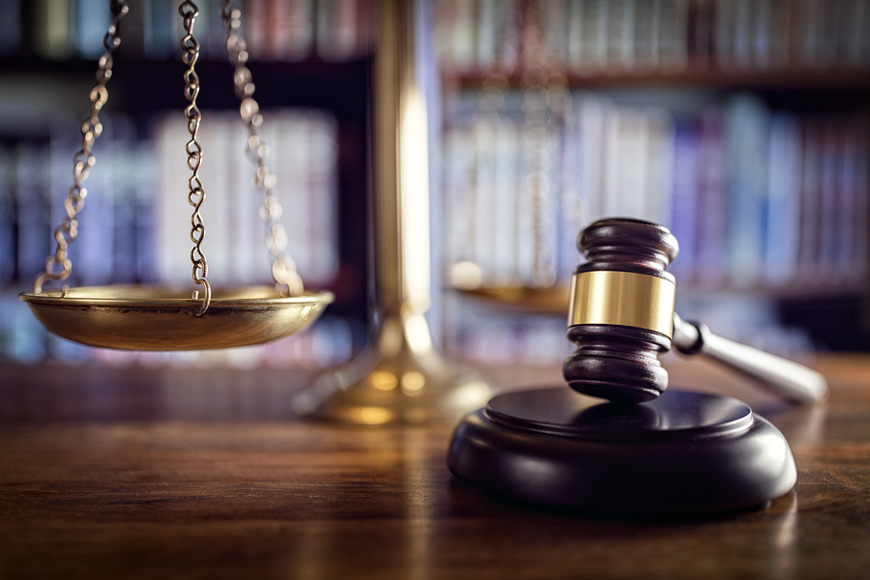There are a few laws to be observed in Kuwait that may not occur to you as a westerner. Here's a list of them.
15 July 2013
| Last updated on 3 January 2018
As a Muslim country, Kuwait has a more conservative look on certain things you might consider normal. As an expat, you should respect local traditions, laws and religions of your host country at all times. It's important to be conscious of your actions in order to avoid offernding other cultures or religious beliefs.
Here are some important laws you should know about so you don't get into any trouble while residing in Kuwait.
-
Criticism of the Emir is not permitted by Kuwaiti authorities. You should never make any negative comments about the ruling family, police, government officials in writing or verbally.
-
Religious proselytising is not permitted. This means trying to convert, try to convert someone or promote your religion, preaching in public, etc.
-
Common-law relationships, homosexual relations, adultery and prostitution are illegal and are subject to severe punishment. If you are moving to Kuwait as a couple, make sure you are legally married before residing there.
-
Penalties for possession, use and trafficking of illegal drugs are strict. Convicted offenders can expect heavy fines, lengthy jail sentences or even the death penalty. The possession of drugs, even a very small amount, could result in arrest and imprisonment.
-
Possession and consumption of alcohol is illegal in Kuwait. Alcohol cannot be legally purchased or imported into Kuwait, and the penalties associated with the possession of alcohol include heavy fines, imprisonment or deportation.
SEE ALSO: Kuwait Labor Law
-
There is a zero tolerance policy regarding drinking and driving. Consequences include heavy fines, imprisonment or deportation.
-
Importation and consumption of pork products is illegal.
-
It is illegal to possess pornographic material.
-
Photographing government buildings and military or industrial sites, particularly oil fields, is forbidden. Additionally, do not photograph people without their permission.
-
Bouncing cheques is illegal and the law does not provide for offenders to be released from custody on bail. Post-dated cheques can be banked immediately.
-
If you are involved in a commercial dispute with a Kuwaiti company or individual, you may be prevented from leaving the country pending resolution of the dispute.

































































































